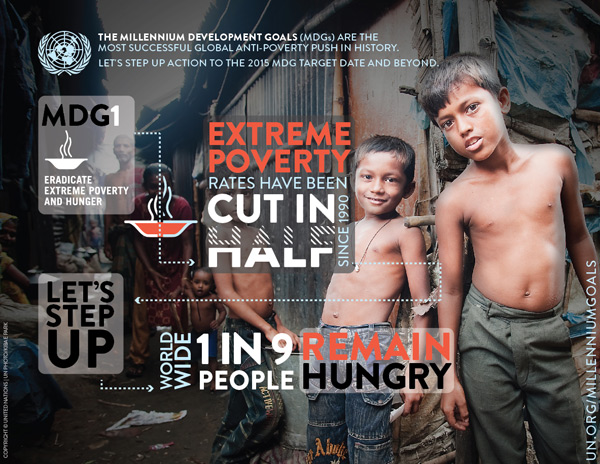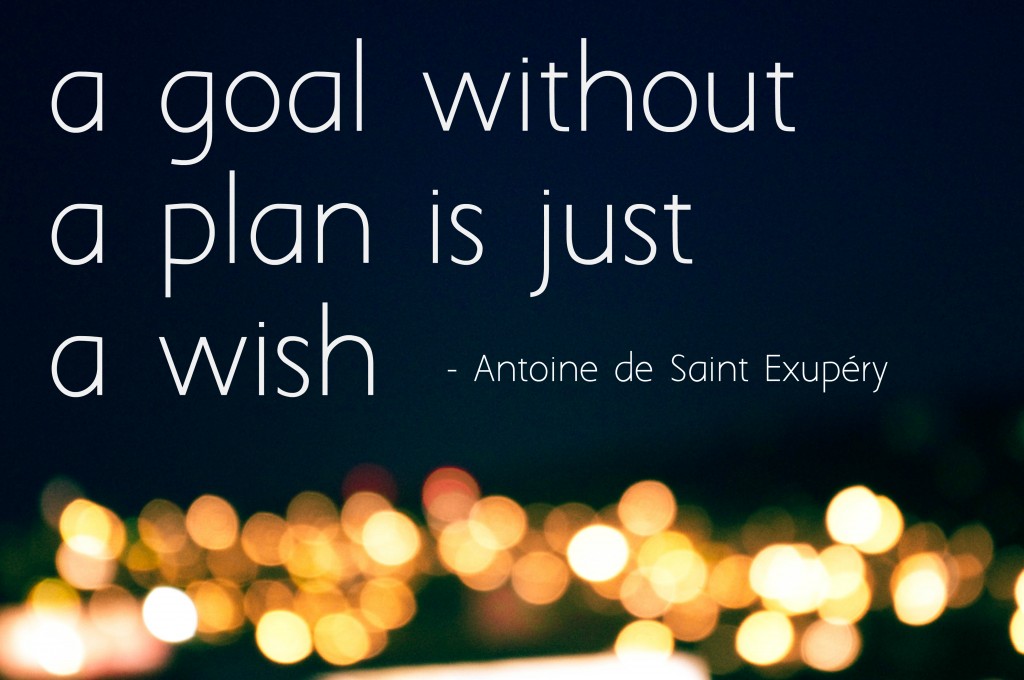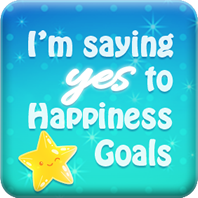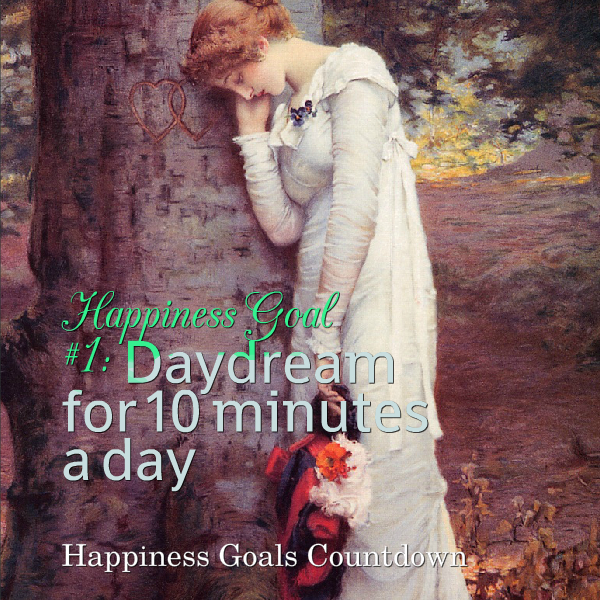Just a few days to go, and 2018 is starting.
The last few days of the year are useful to look back in gratitude at what you achieved and experienced this year. At the same time, you can also look forward and determine if there are any Big Goals you would like to work on next year. New Year’s Resolutions, anyone?
Do you need some inspiration? We often can find it in people who do truly big things. That’s why I would like to share Jaco Ottink‘s inspiring story today. I met him a few weeks ago, and his talk prompted me to write about his Big Goal.
Seven Summits
Jaco dedicated twenty years of his life to his dream: climb the highest mountains of each continent. By 2015, he was almost there: he had the highest peaks of the North and South America, Europe, Africa, Australasia, and Antarctica covered. Only one summit was keeping him from realising his dream: the 8,848 meters of Sagarmatha in the borderlands between Nepal and Tibet – better known as Mount Everest. Getting there would make him the ninth Dutchman to climb these Seven Summits.
In Jaco’s story, there are three key lessons: preparation, perseverance, and setting the right goal.
Preparation
Step one of achieving your Big Goal is preparation. If you want to climb the Mount Everest, you need to be top fit. In Jaco’s case, it required months and months of training: running, weight-lifting, and lots more, for 25 hours per week.
And every single detail matters, so the gear had to be top notch too. You want to make sure that your sleeping bag and layers of clothes actually keep you warm when spending a lot of time below zero degrees. (Keep clothes in your sleeping bag, to prevent them from freezing in the tent). And between an ice hammer of 400 or 800 grammes, the best choice is obvious – every gramme of weight needs to make it to 8848 meters.
Perseverance
Without perseverance, you cannot achieve a Big Goal. When trying something as demanding as the Mount Everest, you inevitably will have setbacks. So, if he couldn’t train one day for some reason, he gathered the courage to do it double next day.
Support will be needed to persevere. Jaco told us his eyes almost froze one hour away from the top, and he felt he might not be able to reach the summit safely. It was the support of his sherpa that convinced him to go on – without him, he’d fail to meet his Big Goal.
Set the right goal
The notion of perseverance is also visible in Jaco’s definition of success: achieving something beyond your current means. But there’s more in it: to achieve a Big Goal, you must be sure you set the right one.
What is the goal of a mountain climber? Achieve the summit, you might say. But think again, it isn’t. The real goal is to return back safely, as unfortunately doesn’t happen to all who set off to climb Mount Everest. Hence, sometimes the right call might be to return to safety and abandon the expedition.
And what is your goal?
I gather most of you have more mundane ambitions than climbing Mount Everest. As Jaco tells his audience, your Big Goal could also be something to make you happy and proud in your daily life, such as spending enough quality time with your family (he is now a part-time inspirational speaker running a firm called Beyond Summits, part time stay at home dad). His next Big Goals might be a bit far off for most of us: he aims to travel to the North Pole, and to inspire 1,000,000 people with his story and workshops.
My own Big Goal is already a bit closer to the type of things you might have in mind: my objective is to learn Polish fluently. Not an easy one, given the complicated pronunciation, grammar and vocab of this Slavic language. But if it was easy, it wouldn’t be a Big Goal. I have a few more years to go, but with preparation, perseverance, and maybe a little tweaking with the right goal, I should get there.
These are our goals – what is yours?






